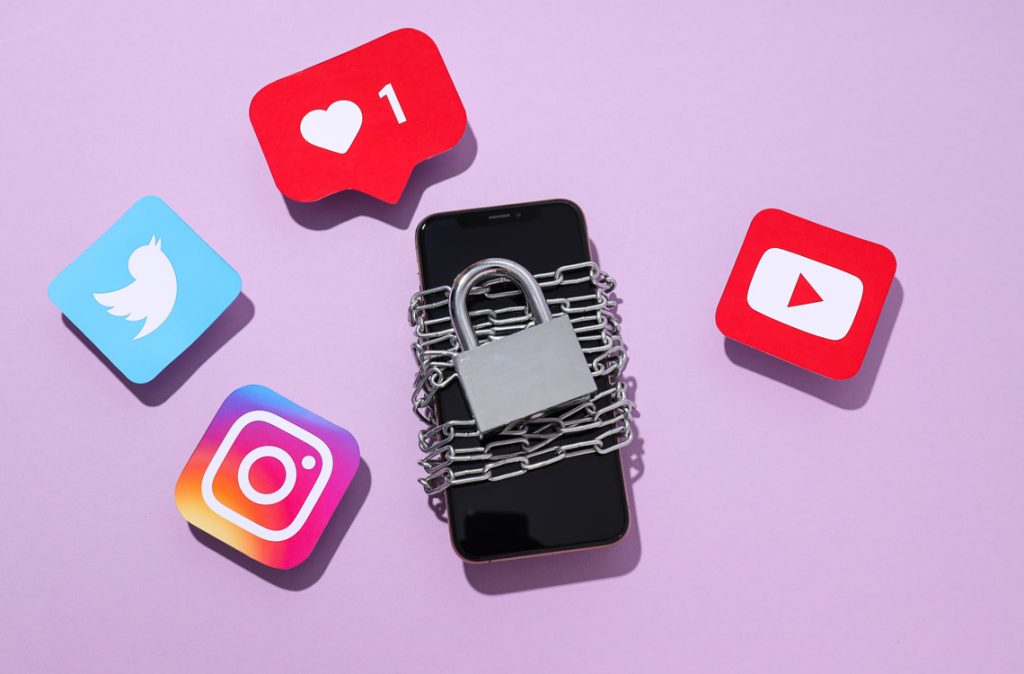It’s 2025, and at this point, social media is ingrained in our very lives. Whether it’s our work, our relationships, or even our day-to-day chores and errands, those apps can be a lifesaver.
But do your kids really need them?
Many parents take opposite sides on the issue – some set strict screen time rules for their tots, while others are absolutely content raising iPad kids.
For Australian parents, it seems the government has made that choice for them. The policymakers over in the Land Down Under are floating a law banning social media for children under sixteen.
And here in Singapore, the government is watching closely to see if implementing such a law on our own shores may just be the answer.
If a ban could fix all that in one fell swoop, why not? But of course, nothing is ever that simple. Let’s break it down.
Social Media Ban: Yay or Nay?
On the surface, it sounds like a dream come true for parents. Let’s be honest—managing screen time feels like a constant uphill battle.
However, to ban them outright in the household would not be feasible. After all, what kind of caveman prohibits their kids from using social media? But to allow free rein on them entirely is not going to win you awards in the parenting department either.
Yes, social media has a world of benefits. It connects your children to like-minded peers, it helps them stay updated on important events, and it promotes important skills for future careers.
But kids are spending more time online than ever. Too much time, in fact. And many parents worry about the effects. From disrupted sleep and shorter attention spans, to body dysmorphia and unhealthy trends.
The use of social media by kids remains a contentious issue to this day. However, is banning the way to go?
Banning social media for kids may seem like an obvious solution.
But it opens up a Pandora’s box of issues.
First, there’s the obvious one: how would such a ban actually work?
Kids these days are smart.
For instance, the age requirement is an easy loophole to exploit. All they have to do is put in a fake birthdate to circumvent the ban.
To enforce a nationwide ban that would cater to this loophole would likely involve tech companies, facial recognition software, or ID verification. And all of these bring up real concerns about privacy and data protection.
Then there’s the bigger issue: should the government be the one making this decision in the first place?
Should the Government Intervene
Some parents may welcome the help.
But there may also likely be street protests if the Singapore government ever did such a thing there.
For one, many parents will feel that such laws are taking power away from the actual parents.
Some adults may be arbitrary or even neglectful when it comes to how their kids use social media. But not all parents are like that.
They may use social media in a supervised, educational way. Helping their kids learn how to behave responsibly online. A blanket ban removes that option entirely.
And what happens when kids lose access to their favourite platforms? We may think they’ll spend more time outdoors or reading books.
But if children run out of options, they may eventually substitute their screen time with other digital distractions.
These may include games, videos, or anonymous forums, which can be even harder to monitor.
That said, excessive social media use is no small matter.
Studies show that it can lead to anxiety, depression, and poor self-esteem.
In Singapore, initiatives against social media overuse are more catered towards awareness. School and parenting programmes focus primarily on digital literacy, online safety, and screen-time awareness.
These efforts educate parents on how to properly manage their kids’ social media use. Without needing something as drastic as a nationwide government-enforced ban.
Still, with screen time rising and concerns mounting, it’s no surprise that more potent options are now being considered.
So, where does that leave parents?
Finding the Middle Ground
Whether or not Singapore follows in Australia’s footsteps, the effective change begins at home.
Government policy might open the doors, but it’s us parents who play the lead role.
We need to be more present in our children’s lives, without being overly intrusive or authoritarian.
Ask them what they do online, who they interact with, and how it makes them feel.
It also means modelling good screen habits ourselves (yes, that includes putting our own phones down!).
A government regulation (not an outright ban) could help lessen overexposure to social media.
However, no policy can truly replace the everyday parenting moments.
This can include setting boundaries, checking in, and teaching our kids how to be kind, critical, and confident in the virtual world.
So should the government ban social media for kids? Maybe, maybe not.
But while the adults debate, one thing remains true: our kids need more than rules—they need guidance. And that starts at home.
Disclaimer: The information provided in this article is for informational purposes only and should not be considered as medical advice from Mamahood. For any health-related concerns, it is advisable to consult with a qualified healthcare professional or medical practitioner.
For more insightful stories and parenting advice, stay tuned to Mamahood Singapore!
